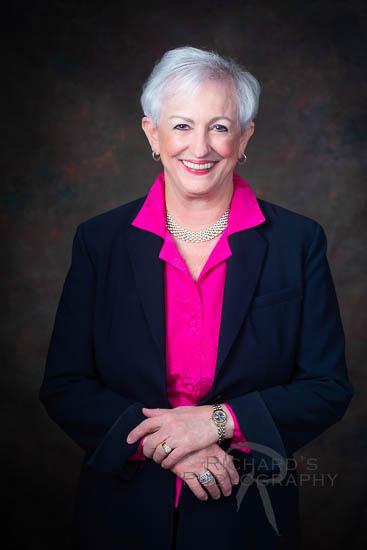Understanding the Fundamentals of Photography

A Complete Guide to Learning Photography
Photography is not just pointing and shooting.
Getting Familiar With Your Camera
Every photographer must first learn their equipment.
Whether you shoot with a DSLR, the fundamentals of light and composition remain the same.
Spend time testing autofocus and manual focus. Knowledge of features reduces frustration.
Mastering Lighting
Photography literally means “drawing with light.”
Natural light from the sun adds natural beauty.
Artificial sources help indoors.
Direction of light influence storytelling.
Composition Basics
Strong framing gives structure.
Leading lines add depth.
Experiment with breaking rules. Fresh viewpoints give personality.
Practice and Patience
Photography takes time and practice.
Try new techniques often. Repetition builds instinct.
Overexposed frames prepare you for improvement.
Editing and Post-Processing
Post-processing completes the creative process.
Simple phone apps crop composition.
Editing should support the story.
Getting Feedback
Images gain power when seen.
Photo forums give exposure.
Starting a blog shows dedication.
Building Identity
Style is your visual fingerprint.
Experiment with minimalism or detail. Each shows preferences.
Your style isn’t fixed forever, and that reflects growth.
Pitfalls and How to Overcome Them
Forgetting background distractions can be fixed easily.
Over-editing images creates frustration.
Mindfulness turns errors into improvement.
Helpful Advice
- Always check your battery before leaving home.
- Shoot in RAW format if possible.
- Dust shows in photos.
- Manual helps in tricky light.
- Learn by observing composition and light.
Beginner Q&A
Q: Do I need an expensive camera?
A: Any camera click here can take great photos with the right technique.
Q: How long until I improve?
A: Improvement depends on practice.
Q: Is editing cheating?
A: No, editing is part of check for more modern photography.
Q: Should I always follow rules?
A: Balance structure with experimentation.
Closing Words
Every photo is a step forward.
Stay curious. With dedication and persistence, you’ll capture stronger stories.
Whether as a hobby or a profession, momentum creates growth.
How Photographers Work
Photographers capture life.
Artists with cameras seek to improve their craft.
Photographers specialize in unique areas, such as wildlife. Each demands unique skills.
Experienced shooters learn both technical and artistic aspects.
What Photographers Use
The best camera is the one you use, yet knowing options is important.
Cameras
Mirrorless systems offer flexibility at various levels.
Mirrorless cameras are lighter, more modern, and great for travel.
Lenses
Different lenses tell different stories.
- Wide-angle lenses capture landscapes, architecture, and big scenes.
Experimenting with focal lengths improves results dramatically.
Tripods and Stability
Tripods provide stability for long exposures.
Lighting Equipment
Speedlights add portable control.
Extra Items in a Camera Bag
- Lens filters are essentials that prevent problems.
- Backpacks help photographers stay mobile and website organized.
- Intervalometers expand creative options.
Skill vs Equipment Debate
Gear supports creativity, but talent drives results.
Still, gear upgrades can unlock possibilities when skills improve.
Steps Toward Mastery
Every photographer begins as a beginner.
Joining photo communities all accelerate progress.
Future of Photography
Photography is evolving fast.
Drones and 360 cameras expand what photographers can do.
Still, the essence remains: capturing light, telling stories, and expressing ideas.
Closing on Gear and Photographers
Photographers and their gear are inseparable.
Gear will evolve, but curiosity and creativity will always define the art.